What’s the Buzz
The Bee Healthy Blog
Can Stress Cause a Heart Attack?
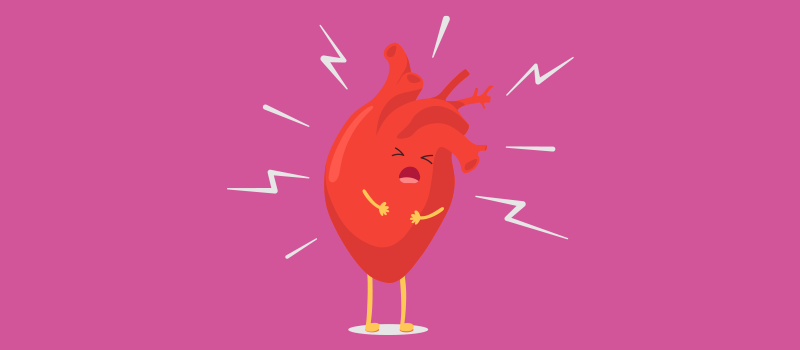
It’s not unusual to feel stressed in response to the demands of daily life. Indeed, stress is a natural biological response that everyone experiences from time to time. But chronic stress, which is a prolonged and constant feeling of stress, can have harmful effects on your health if it’s left untreated. Please keep reading to learn more about how stress can affect heart health and what you can do to reduce stress.
Can you have a heart attack from stress and anxiety?
High blood pressure, high cholesterol, obesity, and smoking are well-known heart disease risk factors. However, there are certain non-traditional factors that can also increase the risk of heart disease. Not many people know that mental health symptoms like psychosocial stress can also increase the risk of coronary artery disease and heart attack.
The truth is psychosocial stress, depression, and anxiety can have a big impact on heart health. They can lead to an increased risk of heart attacks and other heart trouble. High stress levels can also impact recovery after a heart attack.
Therefore, to reduce the risk of developing heart disease, it’s important to address both traditional and non-traditional risk factors.
What kind of stress causes a heart attack?
Both short- and long-term psychosocial stress has been linked to heart disease. Possible psychosocial stressors that can increase the risk of heart disease include life situations such as a divorce, money problems, difficult relationships, family conflicts, serious illness, or the death of a loved one.
Emotional stressors can include fear, grief, shock, and extreme anger. Physical stressors can include high fever, seizure, stroke, low blood sugar, significant bleeding, and difficulty breathing.
How does stress cause a heart attack?
The exact way in which stress might lead to a heart attack is not fully understood and it is still being researched. There is no solid evidence that stress directly affects the heart muscle or causes a heart attack. However, studies suggest that chronic stress can lead to an increase in heart rate and blood pressure, which in turn can lead to plaque buildup in the coronary arteries and increase the risk of heart disease.
Also, in stressful situations, the body releases hormones such as cortisol and adrenaline to help in reacting to the situation. These so-called “stress hormones” increase your heart rate and blood pressure to give you a burst of energy (this is called the fight or flight response). When the dangerous or stressful situation passes, hormone levels return to normal. In people with normal cardiovascular health, this temporary surge is not a problem. However, in those with underlying heart disease, sudden stress and a sudden increase in blood pressure may lead to a higher risk of a heart attack. For instance, it could cause a cholesterol plaque in the blood vessels to rupture, leading to the formation of blood clots, which can block blood flow to the heart muscle and cause a heart attack. A surge in blood pressure can also cause arrhythmia (irregular heartbeat), which can increase the risk for heart attack or cardiac arrest.
Lastly, chronic stress, anxiety, and depression can lead to unhealthy coping mechanisms, such as overeating and obesity, lack of exercise, poor sleep, smoking, and drinking excessively. Each of these is a major risk factor for cardiovascular disease.
What does a stress heart attack feel like?
Severe, short-term stress can lead to a condition called stress-induced heart attack or broken heart syndrome. The medical term for this condition is stress cardiomyopathy or Takotsubo cardiomyopathy. It occurs most frequently in older women in their late 50s to mid-70s.
Takotsubo cardiomyopathy is a type of temporary heart failure that feels like a heart attack. The symptoms can include chest pain, shortness of breath, dizziness, and sweating. However, it’s not a heart attack where the heart’s blood supply gets blocked. In Takotsubo cardiomyopathy, the blood vessels are fine and there are no blockages. The exact cause of broken heart syndrome is unknown, but it is believed to be due to a hormonal surge.
Takotsubo cardiomyopathy can affect heart health for several weeks. In most patients, however, the heart usually returns to normal function within two months. Takotsubo cardiomyopathy is treated like heart failure.
Tips on managing stress for a healthy heart
- Lead a healthy lifestyle by getting regular exercise. Physical activity improves many of the risk factors of heart disease, including emotional stress.
- Eat a heart-healthy diet that is rich in fruits and vegetables, whole grains, low-fat dairy, and lean meats. Limit the intake of saturated fats, sugar, salt, and processed foods.
- Limit alcohol intake to no more than one drink per day for women and two drinks per day for men.
- Stop smoking if you smoke.
- Practice relaxation exercises like meditation, yoga, and breathing exercises to manage stress.
- Stay connected with friends and family to alleviate anxiety and stress.
- Seek professional treatment from a mental healthcare provider if you are unable to manage psychosocial stress.
- Monitor your heart health with an annual physical to keep an eye on your blood pressure, cholesterol, and blood sugar levels.
References:
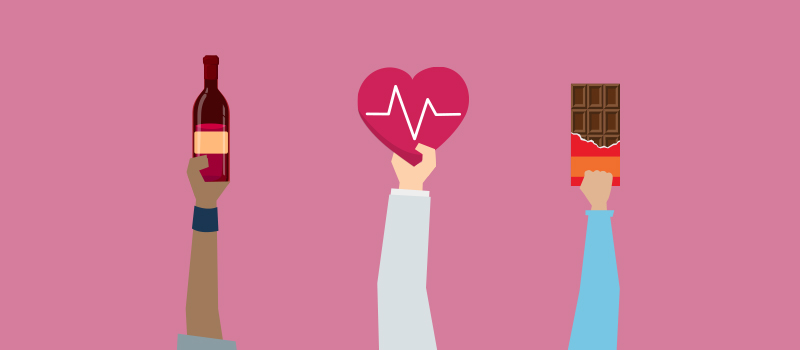


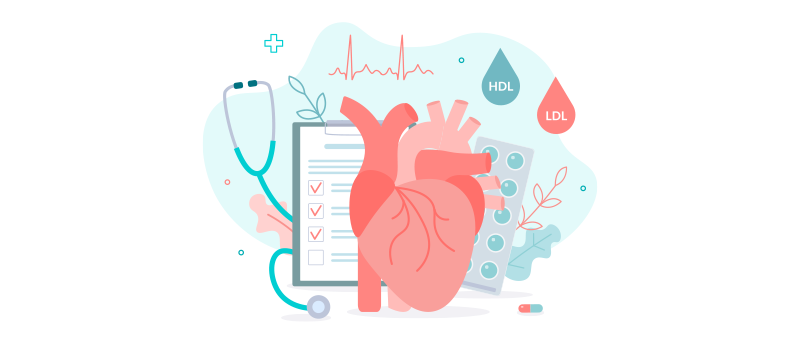

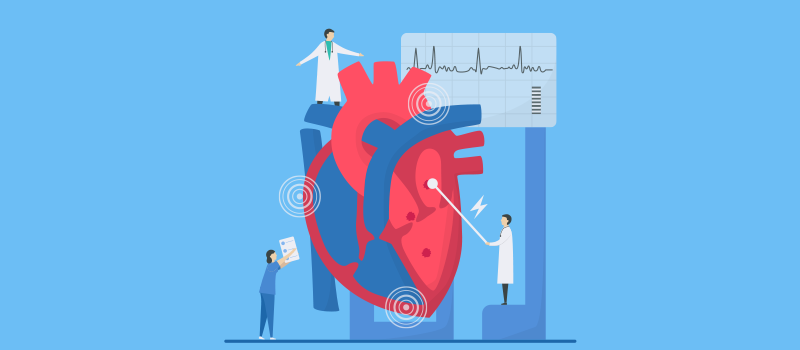
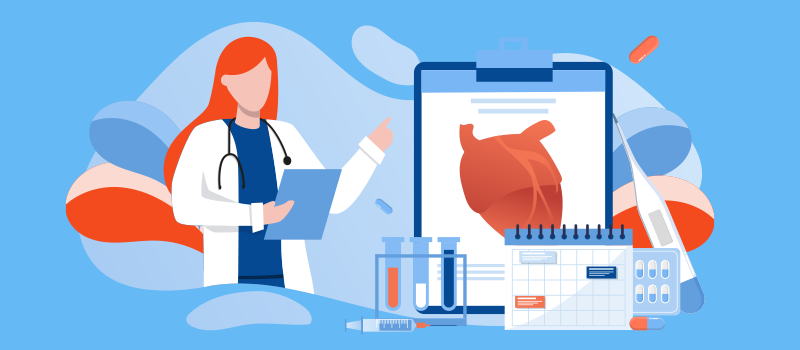
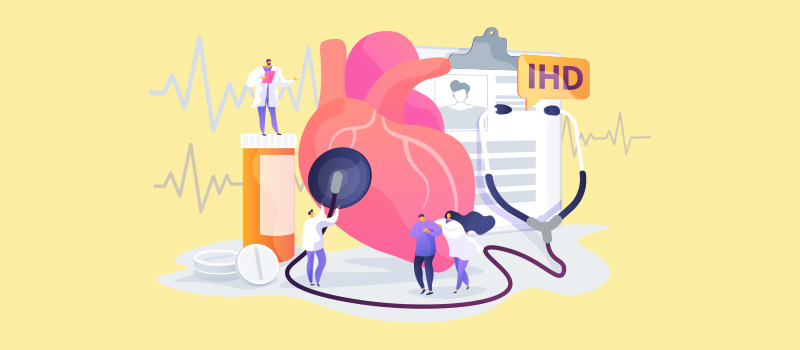

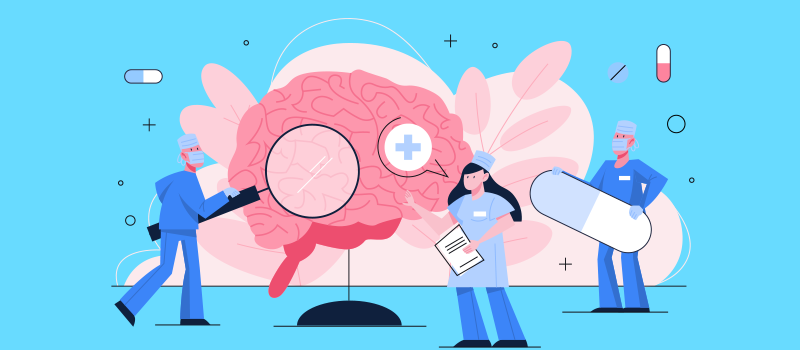
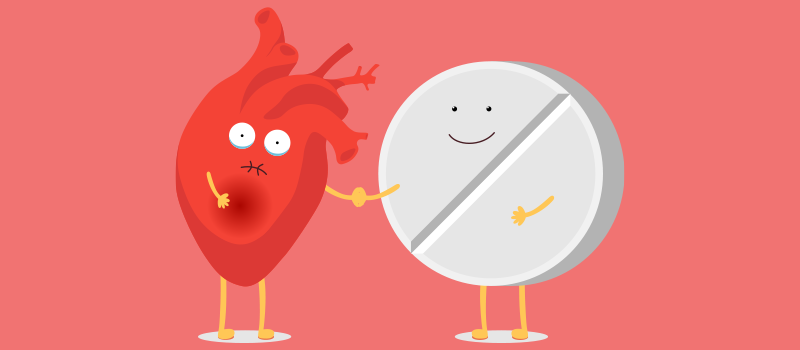
SOCIAL